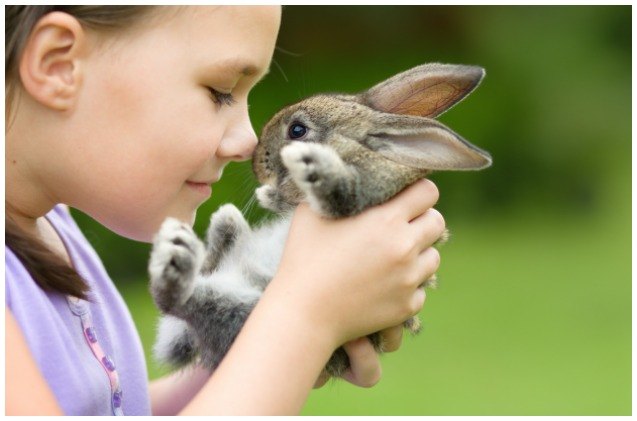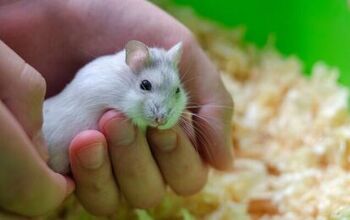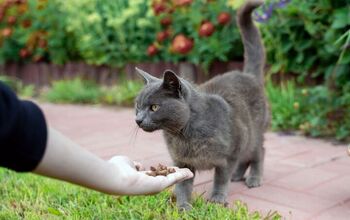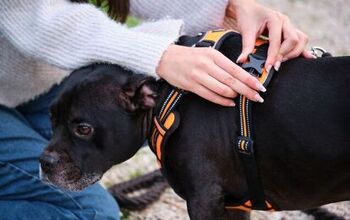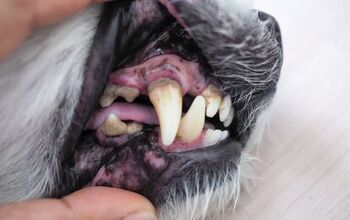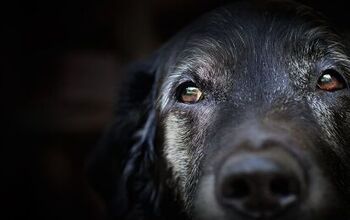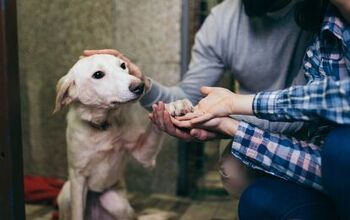Study: Childhood Pets May Affect Decisions To Live Vegetarian Lifestyl

Who of us can’t recall our childhood pets without a wistful fondness and gratitude for their presence in our life? Not many, as we often think of our childhood pets with sentimentality and nostalgia that can only come from a deep and special relationship we were so fond of.
Researchers believe that relationship people had with their pets, and the learned empathy from being a pet owner, has such an impact on many of us growing up, that those who had childhood pets are more likely to be a vegan than those who did not.
Related: The Truth About Vegetarian Diets And Dogs
The study was published in the scientific journal Appetite, and researchers from the University of Albany looked at 325 study participants’ answers to questions about their dietary lifestyle and choices. They found the participants through food-focused social media pages, including some that were dedicated to vegetarianism and veganism. The researchers asked the participants about their lifestyle and dietary choices as adults, and also asked about their childhood pets. The researchers also asked questions that asked about participants’ relationships with childhood pets and how they felt about the exploitation of animals.
The researchers learned that people who had various animals in their lives while growing up–not just dogs–were more likely to become vegans or adhere to a vegetarian lifestyle as adults. Additionally, they found that the more types of animals people were exposed to and had in their lives while growing up had a strong correlation with whether or not those people consumed a more extensive range of products from animals (for instance, whether they abstained from meat or meat and dairy). Those who had exposure and ownership of more types of pets in childhood had a more significant likelihood to refrain from the consumption of more products from animals than when compared to their peers who did not grow up with as much pet exposure and ownership.
Those participants who said they had a variety of pets in childhood also tended to be more ethically opposed to animal exploitation like factory farming and animal testing than the participants who had fewer types of childhood pets in their lives.
Related: Can Your Cat Be A Vegetarian?
Sydne Heiss is a University of Albany graduate student who co-authored the study and said that they believe people who had different types of animals more often and quickly empathized with farmed animals, or with animals who may be used in research. He said people who only had a childhood dog could not as easily empathize with the plight of a farmed cow when compared to those who grew up with farmed animals. In fact, the researchers believe that those who had different types of pets in childhood can empathize across all species better than those who may only have had a dog, or no pet at all.
Julia Hormes is an Assistant Professor of Psychology at the University of Albany and worked with Heiss. She said that while past research suggested being close to a childhood pet may have predicted empathy and increased vegetarianism in adults, their research indicates that the number of and type of pets in childhood may also raise ethical concerns about animals and increase the levels of vegetarianism in adults.

More by Lori Ennis



